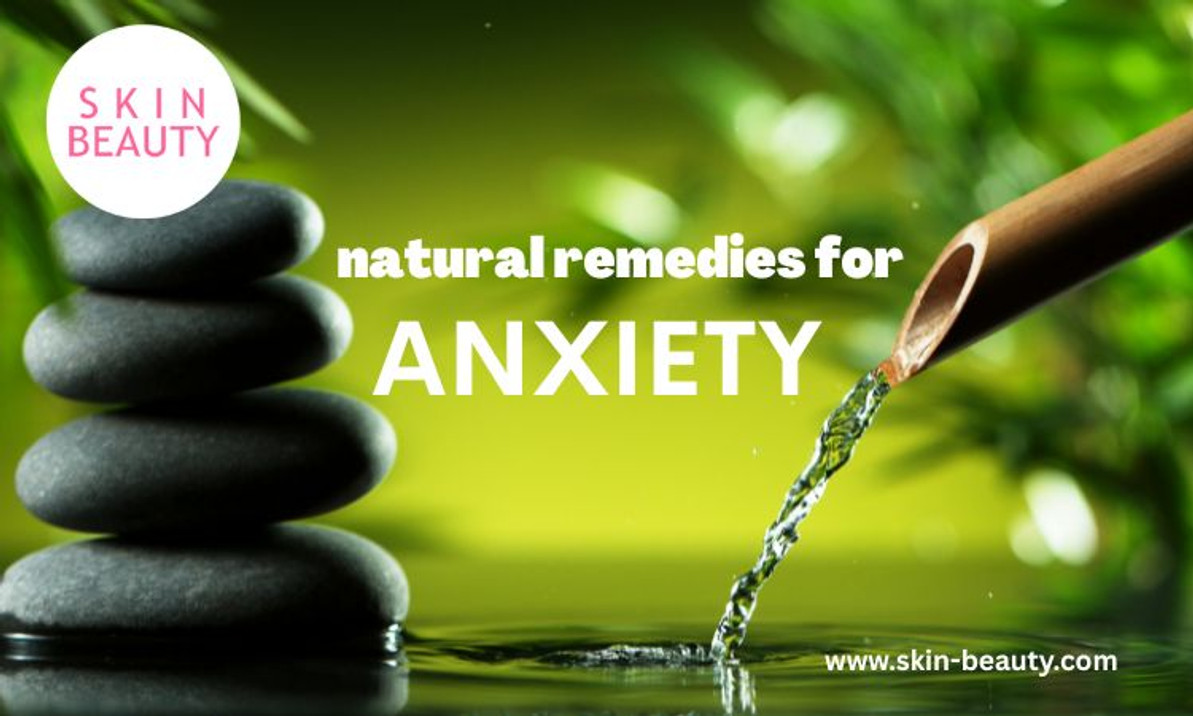Men's Skincare Routine Featuring Masks and Peels
Peel-off masks may seem like an oddly satisfying—marketing ploy, but we love it! Why? Because a good skincare mask works, and while they are super fun to peel off, the true benefit lies in the results. In addition, the ingredients can be tailored to your needs, whether you're looking for a hydrating formula, brightening, pore-cleansing, or all of the above.
Even better, many of them have results you can see right away. For example, once you peel off the mask, you'll have brighter, smoother skin and clearer pores.
Does a men's skincare routine need to differ from women's?
Scientific research suggests men's skin can be up to 25 percent thicker than women's because it contains more collagen and elastin. In addition, testosterone affects skin thickness and how much oil the skin's glands produce. Since men produce more testosterone, their skin is usually thicker and oilier than women's. However, women have hormonal issues concerning their cycle, pregnancy, and menopause that can affect their skin. Even though oil and skin thickness can help from a wrinkle-prevention standpoint, this can also mean it's more challenging to absorb the ingredients from skincare products, meaning men can benefit from more concentrated ingredients.

Simple skincare routine for men (less than 5 minutes)
It's all about simplicity when building a men's skincare routine. While that could be just a cleanser and a moisturizer for some, adding in a few extra steps can significantly impact the health and appearance of your skin. For example, the following routine takes just less than five minutes:
- Cleanse (twice daily)
- Tone
- Hydrate
- Spot Treat
- Mask or Peel (1-3 times a week)
- Apply SPF
Meet the rescue squad of skincare. Skincare masks and peels are high-powered, concentrated, and deliver instant results for all skin types, from sensitive to acne-prone. Whether used daily or 1-3 times weekly, skincare masks and feels help purify, hydrate, detox and revive your skin.
The best masks and peels for men based on skin concern
Acne Prone: Activated charcoal
Dermalogica Charcoal Rescue Masque employs the absorbing power of activated charcoal to clear your skin of toxins and dirt, while sulfur and volcanic ash exfoliate and remove dead skin cells.
Dark Spots: Glycolic Acid
Epicuren Glycolic Lotion Skin Peel 5% is a gentle, lightweight, exfoliating lotion that promotes cell turnover by removing dead skin cells and stimulating healthy ones to reveal radiant, youthful-looking skin.
Anti-aging: Hyaluronic Acid
PCA skin hyaluronic acid overnight mask is formulated with a blend of corrective ingredients like hyaluronic acid and niacinamide; this face mask helps improve skin radiance and luminosity while improving the skin's natural regeneration process.
Sensitive Skin: Aloe Vera
Doctor D. Schwab Aloe Vera Peel contains a blend of alpha hydroxy acids, including lactic and malic acid, to exfoliate dead skin cells gently.
Dry Skin: Vitamin A
Repechage Hydro-Moisture Masque leverages the power of vitamin and mineral-rich seaweed to hydrate the skin and provide antioxidant protection to fight free radical damage.
What is the difference between skincare masks and peels?
Peels gently remove the outer layer of your skin, providing a smoother texture and helping to even out dark spots, acne scars, and fine lines.
Masks clean out pores, detoxify, provide moisture, absorb oil, and deliver antioxidant, anti-inflammatory, and acne-fighting treatments to your skin.
Are skincare masks and peels safe for at-home use?
The FDA has rules for the percentages of active ingredients allowed in peels and masks in generic beauty products. For example, glycolic acid and salicylic acid must be between 10% and 2%. Therefore, be cautious of masks or peels with higher percentages, and should not be used without a licensed professional.
The degree to which the bonds between dead skin cells break apart and disappear when using a peel is determined by how long you allow the application on your skin. This is why it is best to use a peel three times a week (if you struggle with excess oil) or less. The biggest mistake anyone can make is applying peels daily. Daily application overstresses the skin and can contribute to sun sensitivity or skin damage. Remember to wear SPF no matter what to keep your skin feeling protected!
Recent Posts
-
Best Under-Eye Bags Cream and Treatment
Best Under-Eye Bags Cream and Treatment Do you have the dreaded under-eye bags that make you lo …Apr 14th 2025 -
Rice Water for Skin Benefits
Rice Water for Skin Benefits Rice water for skin has become a viral beauty trend that is suppos …Apr 4th 2025 -
Natural Remedies for Anxiety
Natural Remedies for Anxiety Everyone experiences anxiety symptoms every now and then. We live …Mar 28th 2025




